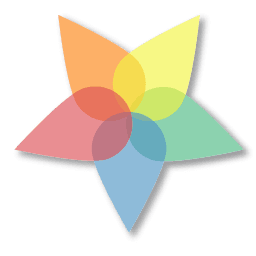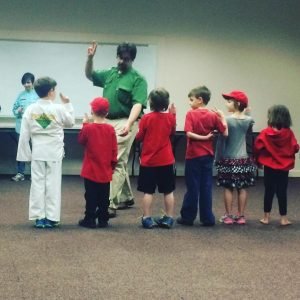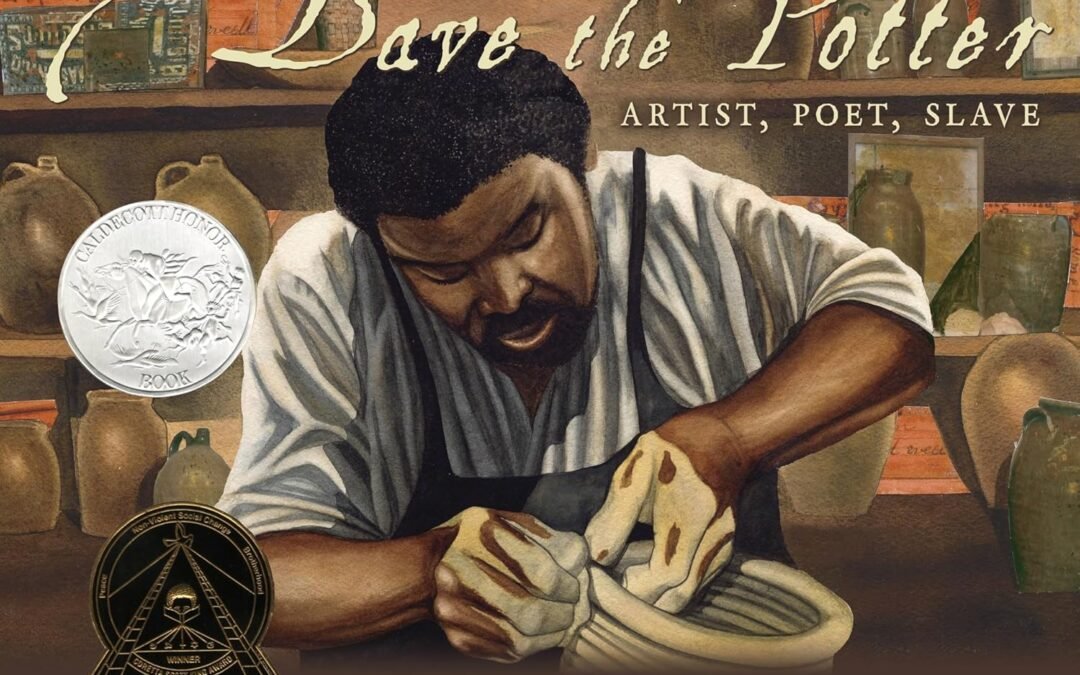Do you know a child who was obsessed with letters as a toddler and learned to read well before age 5? That child that makes everyone else wonder why their 3-year-old can’t read, too? While the assumption might be that the child is just gifted, there is another word for early reading, hyperlexia.
 Hyperlexia is a learning difference that can occur alone, or alongside autism, sensory integration disorder, and other challenges. Sometimes, a child’s other atypical development signs can cause hyperlexia to be overlooked or ignored. Sometimes, a child’s precocious reading is just seen as a blessing that at least one skill seems to be easier for them.
Hyperlexia is a learning difference that can occur alone, or alongside autism, sensory integration disorder, and other challenges. Sometimes, a child’s other atypical development signs can cause hyperlexia to be overlooked or ignored. Sometimes, a child’s precocious reading is just seen as a blessing that at least one skill seems to be easier for them.
Why do some kids have hyperlexia? While the medical world doesn’t have a clear answer, it appears that your child’s brain just works differently. It processes information about language in a unique way that makes reading easier. Unfortunately, people with hyperlexia also have trouble with certain other language skills. They generally have delayed verbal language, difficulty answering W questions (Who, What, Where, When, Why), and difficulty with social cues.
Does this sound like your child? If this sounds like your child you may now be wondering what you should do. First of all, realizing that this is both a gift and a challenge for your child is important. All too often, we assume if a child can read early and well, that all of their education will be a breeze. That isn’t what this means. Kids with hyperlexia can definitely succeed, but working with it will get you further than resisting it.
Using what you’ve got
People with hyperlexia generally can process written words better than spoken ones. They may also process written words better than pictures or other forms of instruction. Children with hyperlexia often thrive when there are plenty of written words in their world. This means that some styles of education that delay putting books in a child’s hands (for example, Waldorf) may be a bad fit for your child.

Playing games with letters and words can work great for kids with hyperlexia.
Your child is drawn to the written word, so use that. Look for books that have information you want to share in whatever subject area you are working on. Books for science, history, and health abound. For younger students, I like ones that have pictures and interactions, like flaps to lift. Even though they can read, children who read at early ages, still might not be ready to sit and read chapter books. The attention span to sit with a longer book and follow the plot line, might not develop at the same rate as their ability to decode words.
Amazingly, some kids with hyperlexia have an easier time learning to read and write in other languages. The part of their brain that loves the written word, seems to make that connection beyond their first language, which is really amazing. If you are working on learning a second language with your child, keep in mind that a program with reading and/or writing the language will be easier for them. There are many programs that work on picture association, or immersion, and those may actually be harder for your child.
We’ve been using Flip Flop Spanish lately, and realizing that for one of my kids, turning the cards over to be read instead of looking at the pictures, was a game changer. We are now experimenting with learning through reading and writing more because that’s how my child’s brain wants to process the information.
Weaknesses to Strengthen
Did you just realize your child struggles with those W questions? (Who? What? Where? When? Why?) Answering those requires certain language centers in the brain to process not only what you know, but to both understand what information is required and how to share it. Sometimes, it is easier to answer these questions about a thing that just happened, rather than about a book or movie. Sometimes, the book or movie is easier, because of the way the story it told.
Your child needs to practice answering questions like this in a way that helps them build the skill. If your child is prone to running away when stressed, make sure you aren’t pounding them with many questions at a time. Start with keeping questions like this short, and giving your child both room to answer (a sibling isn’t going to interrupt and answer for them) and room to say “I don’t know.” The challenge of “I don’t know” is letting your child know they can say that, and yet, it isn’t an end to the conversation. Sometimes, kids think that should be the end of it, but instead, I use it as a chance to ask something that is easier, to draw my child toward an answer.
Here is an example conversation with some W questions. Remember when you try this on your own, that you may not want to ask so many at one time if your child tends to become stressed.
Child has just returned home from scout meeting.
Parent: Who was at scouts tonight?
Child: I don’t know.
Parent: Well, did Trent and Hunter come?
Child: Yes.
Parent: Were Mary and Cindy there?
Child: I think so.
Parent: Was anyone else there?
Child: I don’t know.
Parent: Try to picture them in your head. Did you play with anyone? Can you remember anyone else?
Child: Yes, I played with Jack. He was there.
Parent: What did you do at scouts?
Child: I don’t know.
Parent: Did you hear a story?
Child: I guess so.
Parent: What was it about?
Child: I don’t know. Animals I guess.
Parent: Did the animals burn down the forest or do something else?
Child: *Laughing* They didn’t burn down the forest. I think they had a party.
Parent: Great! So you heard a story about a party. Did you do anything else? Did you play any games?
Child: We did play a game.
Parent: What game did you play?
Child: We played tag!
Parent: Great! Thank you for telling me about your meeting! It sounds like a great meeting!
Child: *smiles and goes to do something else*
Do you see how the parent there is pulling the information out of the child? Instead of giving up, the parent keeps asking questions. If your child struggles a lot with these, you may have already taken to asking mostly closed questions that allow your child to just answer yes or no. Backing up to ask open-ended questions is important. Most of life is open-ended. However, when my child struggles with open-ended questions, I can narrow down to a closed, yes or no question to help them get their brain moving in the right direction. These questions are easier. “Did you hear a story?” Is much easier to answer than, “What did you do?”
Social Skills
Kids with hyperlexia often have challenges with developing social skills. Interestingly, as they age, hyperlexia can help them solve this problem. As younger children, they may need to be explicitly taught social skills that it seems other kids pick up on. However, they can also learn appropriate social behaviors from books. Reading stories with friends, and seeing how they treat each other, will help the hyperlexic child understand patterns of behavior and find ones they can mimic. With this in mind, choose carefully books with characters who behave in a way you want your child to copy. As kids get older and have better reasoning, they will likely be able to decide for themselves which characters they want to resemble. However, younger children often do not have this ability and will mimic characters from TV, movies, and books as they struggle to learn social skills.
*** Rant about Caillou removed from this section for explicit language. ***
Back to my point, use your child’s love of reading to help them learn the social skills they lack. Look for books about sharing, for example, for younger kids. With teens, encourage them to read books with characters who have positive dialogues and encourage each other. Rick Riordan is one of my favorite authors because of this.
All in All
If your child has hyperlexia, this post definitely does not have all the answers, but I hope it has given you information you can use to help your child live their best life. Working with your child’s gifts and helping them build skills where they are weak is what a good education is all about.

 Child: Yes, I played with Jack. He was there.
Child: Yes, I played with Jack. He was there.



0 Comments